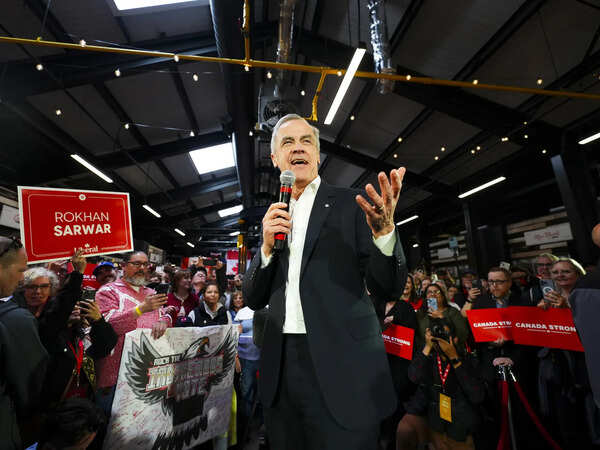
This Year’s Met Gala Memes Reflect Growing Public Fatigue with the Event

Why the 2024 Met Gala Failed to Spark Memes — And What That Reveals About Culture Today
The annual Met Gala has long been a lightning rod for fashion critiques, hilarious memes, and meme-worthy moments that dominate social media. Yet in 2024, something seemed to fall flat. Where the spectacle typically delivers plenty of internet fodder by breakfast the next morning, this year’s event left meme-makers and the general public struggling to care — or even joke. So what happened?
The Missing Memes
For over a decade now, meme culture has been interwoven with the Met Gala experience. Whether it’s a celebrity’s fashion faux pas, awkward red carpet interactions, or the perennial viral hoax that Jason Derulo fell down the stairs (he didn’t), the internet feeds off of these pop culture crumbs.
But in 2024, the meme fountain has run dry. A standout “joke” seemed to be that pop star Sabrina Carpenter looked like a sultry version of the Green M&M — a far cry from the imaginative and layered takes we’ve come to expect. Was it funny? Maybe in passing. But notable? Hardly.
The Theme That Wasn’t
This year’s theme, “Tailored For You,” seemingly invited bold interpretation. A reference to bespoke fashion should have sparked creativity. Instead, the red carpet was awash with a muted blend of pinstriped suits and subdued patterns. Many attendees, especially male ones, arrived in minimalist ensembles that, while technically on theme, offered little visual intrigue or risk.
The irony is palpable: Over the years, celebrities appearing in plain black tuxedos were frequently derided across social platforms for playing it too safe. This year, those same fashion choices retroactively became “on theme,” rendering critique inert. In essence, the joke is now on us — and not in a fun, viral kind of way.
Cultural Tone-Shift
Part of the inertia might stem from a deeper cultural dissonance. Just blocks away from the red carpet, protests for Gaza unfolded in the rain—an echo of last year’s demonstrations, similarly ignored by mainstream media. The contrast couldn’t be more stark: extravagant gowns and diamonds inside the Met, soaked activists chanting on the street.
In today’s world of heightened social awareness and widespread disillusionment with excess, the glittering spectacle of the Met Gala feels increasingly disconnected from reality. When you juxtapose elite fashion with humanitarian crises, engaging in cheeky fashion memes may feel trivial or even tone-deaf.
The Loss of Subversion
Historically, the Met Gala has served as a platform for performers and fashion visionaries to push norms and celebrate marginalized communities. This year’s theme, which could have acknowledged the rich legacy of Black self-expression through style, was instead interpreted in painfully conventional ways. The lack of narrative or nod to that history further diluted any potential meaning.
Without creativity, context, or controversy, what’s left? Certainly not the kind of content that stokes internet satire or provokes discussion.
A Mirror to Our Times
Perhaps the decline in Met Gala memes signifies more than a poorly interpreted dress code — maybe it reflects the broader cultural fatigue of a world overwhelmed by crises, inequality, and performative opulence. A once eagerly awaited event now feels predictable, sanitized, and conspicuously out of sync with the tone of the times.
As one observer put it, “Their effort is not even worth the sass.”
So while we can still chuckle at a tongue-in-cheek Instagram post or quip about Anna Wintour’s ever-present sunglasses, this year might just be the beginning of a larger shift — one where the Met Gala loses not only its meme-able moments but also its significance as an icon of cultural commentary.
And in a world craving authenticity, the polishing out of chaos might be the most unrelatable look of all.